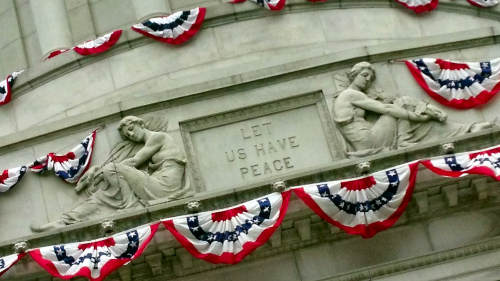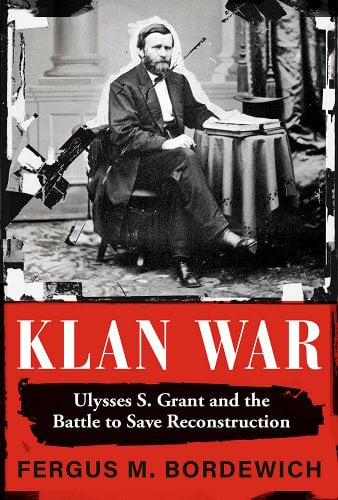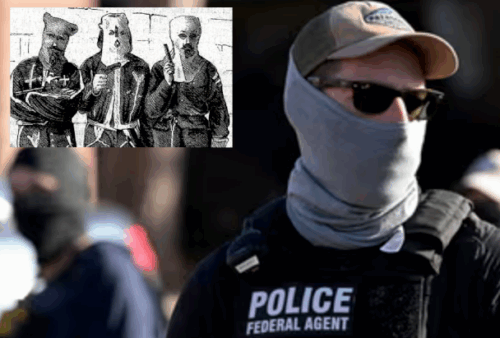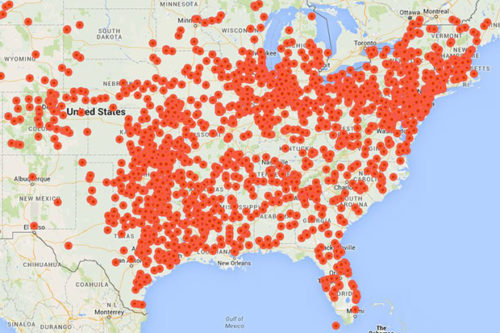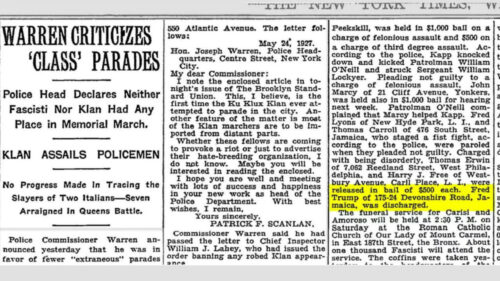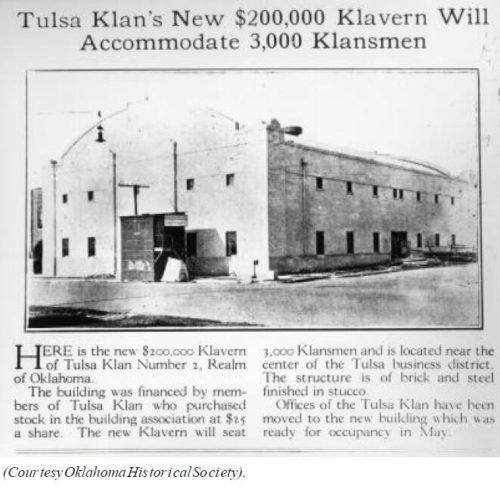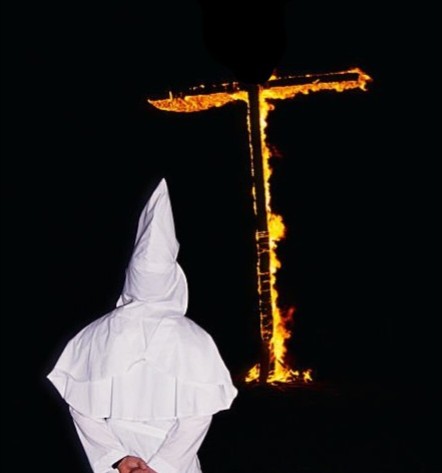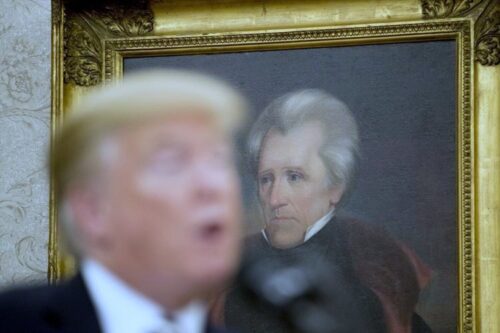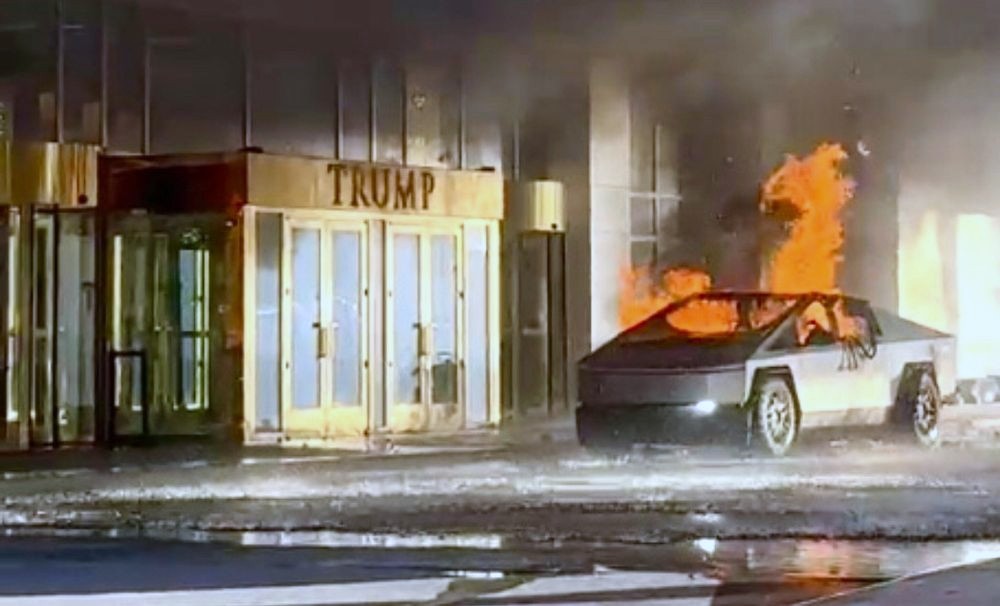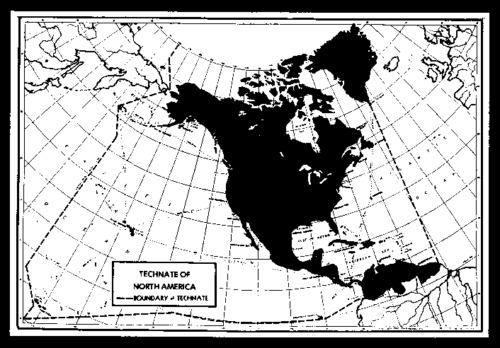A reporter in 1930s Berlin who treated the rise of fascism as political drama to narrate from a ringside seat would be culpable — not for being a Nazi, but for professional choices that served Nazi ends.
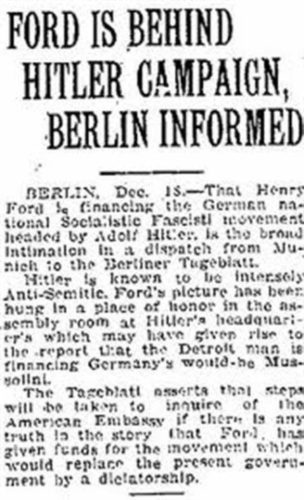
Stephen Collinson is CNN’s senior White House reporter. His value proposition depends on complexity. Simple moral clarity — “this is a crime” or “he is replacing democracy with dictatorship” — doesn’t require interpretation.
It doesn’t require him.
So he provides muddied, abuse-enabling drama headlines instead.
Europe may need to adopt Trump’s brass-knuckle methods to save Greenland
And even worse:
Trump’s Davos hosts might abhor him — but he’s worth listening to
Worth what? Threat detection?
Hey assault victims, from women who had your pussy grabbed to innocent citizens being publicly executed by stormtroopers, did you see the “worth” of listening to Trump?
The Subject
Collinson spent 17 years at AFP before joining CNN in 2014. British expat. Covers the White House. His byline appears on CNN’s daily political analysis.
His headlines from the past month read like episode teasers: “Will Trump push the world to breaking point?” “What Donald Trump has learned about imposing global power.” “America’s strongman places a huge Venezuela wager.”
The pattern is consistent: Trump is the actor, others only react. Trump is the driving protagonist learning and growing. Everyone else is passive, faces, grapples, and struggles to respond.
The Receipts
| Date | Collinson Headline | The Problem | Factual Alternative |
|---|---|---|---|
| Jan 21 | “Trump’s Davos hosts might abhor him — but he’s worth listening to” | Grants epistemic authority to fabricated pretexts for illegal action | “Trump repeats discredited justifications for territorial threats” |
| Jan 21 | “The populist storming the elite citadel” | Trump inherited wealth, governs with billionaires, is deeply unpopular. He is elite. | “Billionaire president addresses fellow billionaires at Davos” |
| Jan 21 | “Europe may need to adopt Trump’s brass-knuckle methods” | Advises victims to emulate their abuser’s illegal tactics | “International community confronts illegal territorial demands” |
| Jan 19 | “Who can save NATO from Trump?” | NATO will save itself. The question is who saves America from Trump. | “Will American institutions hold president accountable?” |
| Jan 16 | “Minneapolis is becoming a critical testing ground for Trump’s strongman project” | “Testing ground” and “project” — policy language for public killings | “Federal agents kill American citizen in Minneapolis” |
| Jan 15 | “Inside Trump’s ‘crazy world’ of milk bottles, sled dogs and threats to bomb Iran” | Quirky color story framing for war threats | “Trump threatens military strike on Iran” |
| Jan 12 | “Will Trump push the US and the world to breaking point?” | Teaser, not journalism | “Trump policies destabilize international order” |
| Jan 9 | “What Donald Trump has learned about imposing global power” | Character development arc for the protagonist | “Trump expands unilateral actions against allies” |
| Jan 6 | “Trump’s new US mission statement: Strength, force, power” | Amplifies brand message as news | “Trump speech emphasizes military force” |
| Jan 5 | “The surprising US plan in Venezuela comes with huge risks for Trump” | Risks for Trump, not for Venezuelans or international law | “US military action in Venezuela raises legal concerns” |
| Jan 4 | “America’s strongman places a huge Venezuela wager” | Casino language for military intervention | “Trump orders military action in sovereign nation” |
| Nov 2020 | “People on both sides fear the country they love will be lost” | Equates documented threats with fabricated ones | “Trump’s fraud claims threaten peaceful transfer” |
The Techniques
Nine patterns appear consistently:
- Protagonist framing. Trump acts; others react. He imposes, wagers, learns. Resistance becomes reactive rather than principled.
- Brand amplification. “Strongman,” “populist,” “brass-knuckle” appear critical but function as the branding Trump’s team would choose.
- Stakes displacement. Consequences attach to Trump’s political fortunes, not affected populations. Venezuela is his “wager.” Greenland tests his leverage.
- False equivalence. “Both sides fear” treats documented institutional threats and fabricated propaganda as symmetrical.
- Spectacle framing. “Will Trump push the world to breaking point?” is promotional copy, not inquiry.
- Responsibility externalization. American authoritarianism becomes something that happens TO others — NATO, Europe, Greenland — rather than something Americans must stop.
- Vocabulary adoption. “Globalist” has specific far-right genealogy. Deploying it as neutral description normalizes the frame.
- Escalation incentive. Advising victims to “adopt brass-knuckle methods” generates more dramatic copy. Conflict sells.
- Pretext laundering. Treating fabricated justifications as “burning questions that timid politicians won’t address” grants authoritarians the frame they need: brave truth-teller rather than liar seizing power. Hitler was “worth listening to” about Versailles. Mussolini about Italian restoration. Every authoritarian manufactures grievances. The question is whether journalists treat pretexts as legitimate inquiry.
The Business Model
“He’s worth listening to” isn’t just normalizing Trump. It’s selling Collinson as essential interpreter.
The structure:
- Get proximity to power
- Sell that proximity as insight
- The “insight” tells audiences to pay more attention to the powerful
- Which increases demand for proximity-based interpretation
- Which requires maintaining access
- Which requires never framing power as criminal
“Trump lies about Greenland to justify illegal threats” doesn’t need an interpreter. Simple truth doesn’t need a broker.
What’s Absent
Words that never appear in Collinson’s framing: violates, breaks, illegal, criminal.
Perspectives that never appear: consequences for affected populations, institutional obligations, moral clarity.
A journalist covering 1930s Germany who avoided “persecution” in favor of “the Jewish question” wasn’t being neutral. He was choosing a side through omission.
The Game
Collinson is a product of incentives. Wire service training optimizes for speed and “balance.” Access journalism requires narrating power on its terms. Career advancement depends on not alienating sources.
Understanding this doesn’t excuse the output. Every framing choice is a choice.
The truth is simple: an American president is threatening to attack an ally. That’s a crime. It requires accountability, not interpretation.
Simple truth doesn’t sell subscriptions. It doesn’t require… him.
So the game continues.
